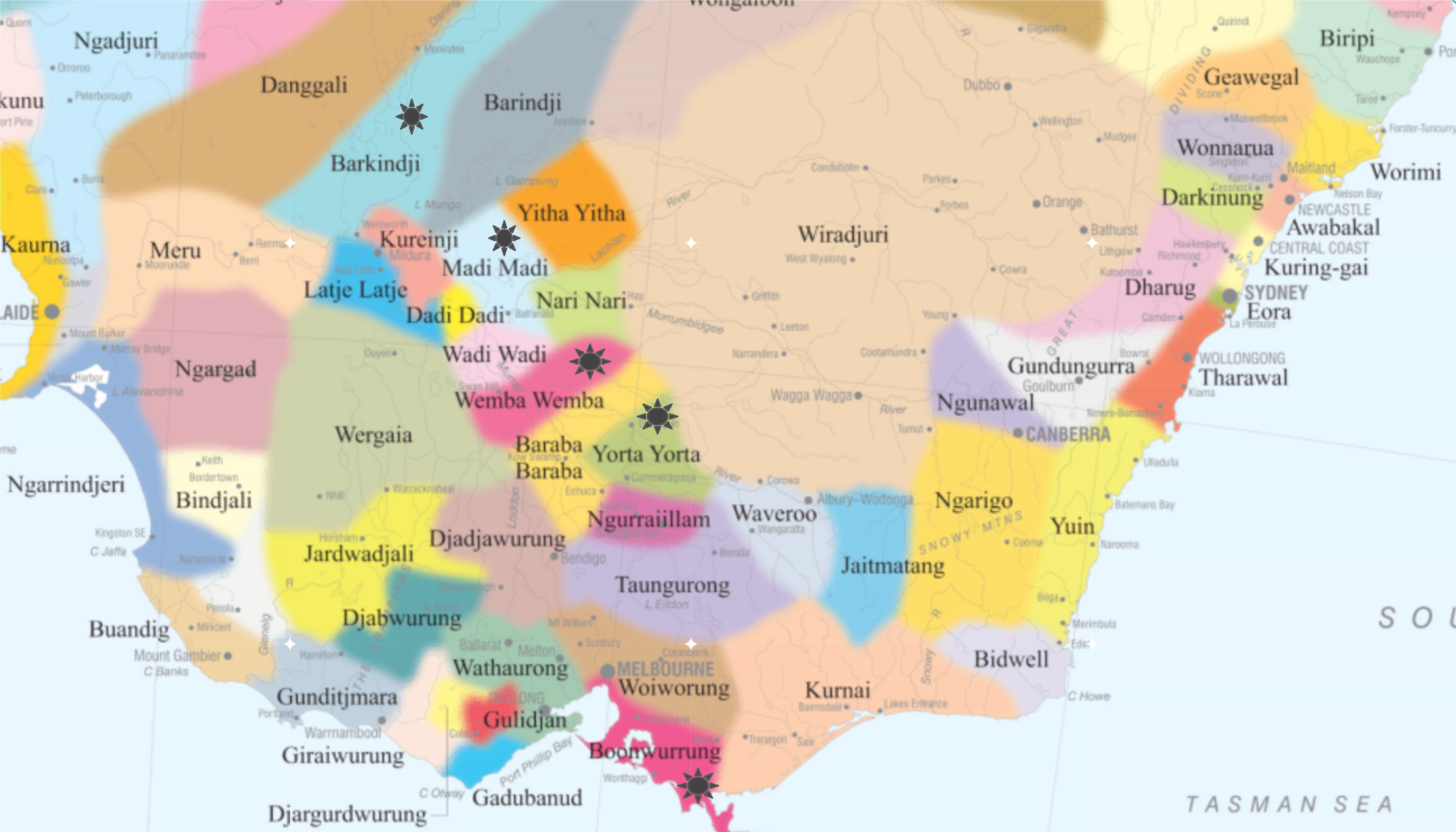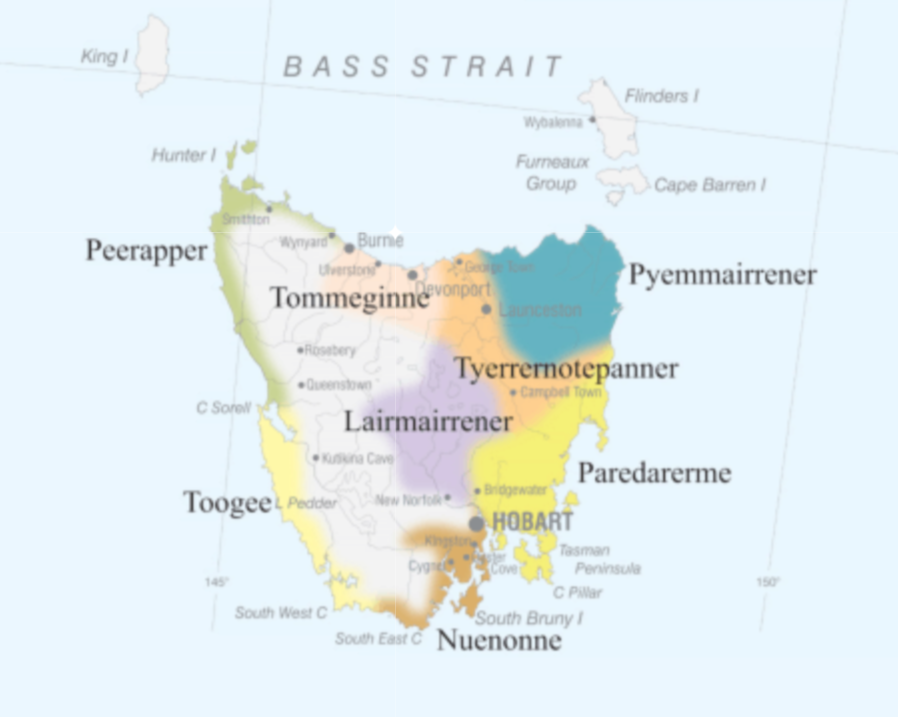We acknowledge and pay respect to the past, current, and future Traditional Custodians and Elders of the land on which we reside.
Where Mount Holyoke Resides
Mount Holyoke College resides on stolen Nonotuck Land, in the present day state of Massachusetts. The name Massachusetts comes from the Wampanoag word “massachuset,” which means “by the range of hills.”
Our neighboring Indigenous nations include the Nipmuc and Wampanoag to the East, Mohegan and Pequot to the South, Mohican to the West, and Abenaki to the North.
We acknowledge the long history and continuing legacy of settler colonial violence and dispossession of the Indigenous people of the land that we are now occupying. We also recognize the ongoing and continuous relationships Indigenous communities maintain to this land, to their communities, and to their ways of knowing.
Acknowledgement of Country
Country is an Aboriginal Australian term meaning the land, sea, air, and waterways of one’s home place, wherein all living things are connected.
The visiting artists have come from several locations within Australia and Tasmania and we acknowledge the Country which they call home. We also acknowledge the Traditional Custodians of their country, with particular recognition of the Elders and past peoples. We thank Maree, Kerri, Mitch, Molly, and Nicholas for sharing their Country with us, and for allowing for allowing us to witness and engage with their work and their stories. Cultural revitalization projects like this one are incredible and important, as well as deeply personal, emotional, and inextricably tied to community; so thank you for letting us be a part of it. Below are the names of the artists alongside the Countries with which they connect and identify.
Maree Clarke (Boonwurrung / Wemba Wemba / Mutti Mutti / Yorta Yorta )
Kerri Clarke (Boonwurrung / Wemba Wemba)
Mitch Mahoney (Boonwurrung / Wemba Wemba / Barkindji)
Molly Mahoney (Boonwurrung / Wemba Wemba / Barkindji)
Nicholas Hovington (Palawa)
The arrival of English settlers in 1788 and their legal philosophy terra nullius (a fiction that allowed for and governed colonial expansion, asserting that land — as they found it — belonged to “no one”) did not mark the end of Aboriginal life, the oldest living culture in the world, but instead signaled the beginning of what had to be a resilient continuation despite dire circumstances. The sovereignty of the land is unceded. We acknowledge the children of today who will carry on the story of Indigenous Australia from their Ancestors.
We encourage every visitor to this page to consider their own relationship with Country, to learn about and to amplify the contemporary work of the Indigenous nations upon whose land(s) they reside, and to take direct and purposeful action to support Indigenous sovereignty and self-determination.


For a closer (and more dynamic) look at this map, visit the Australian Institute of Aboriginal and Torres Straight Islander Studies (AIATSIS).
Below are some more resources to explore and continue learning about the work of Aboriginal and Indigenous communities:
Welcome to Country, a page hosted by AIATSIS, the Australian Institute of Aboriginal and Torres Strait Islander Studies, that provides more information about the Aboriginal concept of Country.
Common Ground, a First Nations-led not-for-profit based in Australia.
Koorie Heritage Trust, an organization working to connect and promote the Aboriginal people of South Eastern Australia.
Reconciliation Australia, a not-for-profit organization which promotes and facilitates reconciliation between the wider Australian community and Aboriginal and Torres Strait Islander peoples.
This is an interactive map [created by Native Land Digital, an Indigenous-led, Canadian not-for-profit organization] where you can enter an address and see the local Indigenous communities.
Indigenous Archives Collective statement on the Right of Reply to Indigenous knowledges and information held in archives, an initiative that is key to Indigenous sovereignty and self-determination.
Ohketeau Cultural Center, a space for creativity and learning in the Connecticut River Valley.
Massachusetts Indigenous Agenda, an organization working to promote legislation that benefits Indigenous peoples.
Group Contact
This group can be contacted by emailing Sarah Lancaster (class of 2023) at lanca22s@mtholyoke.edu